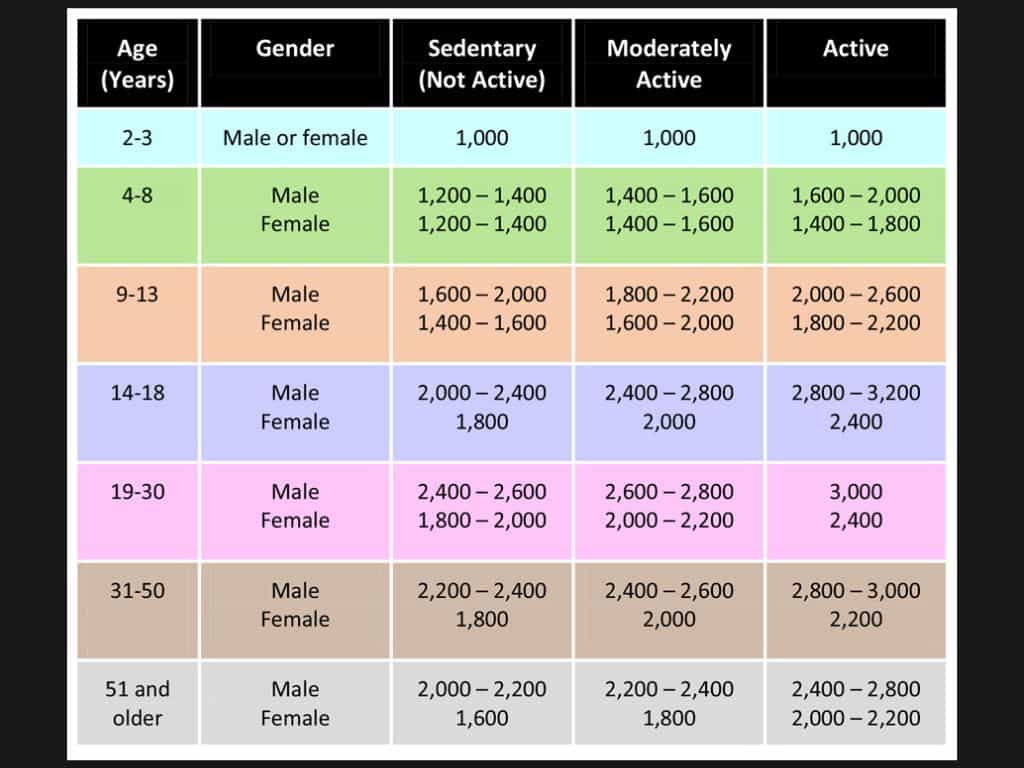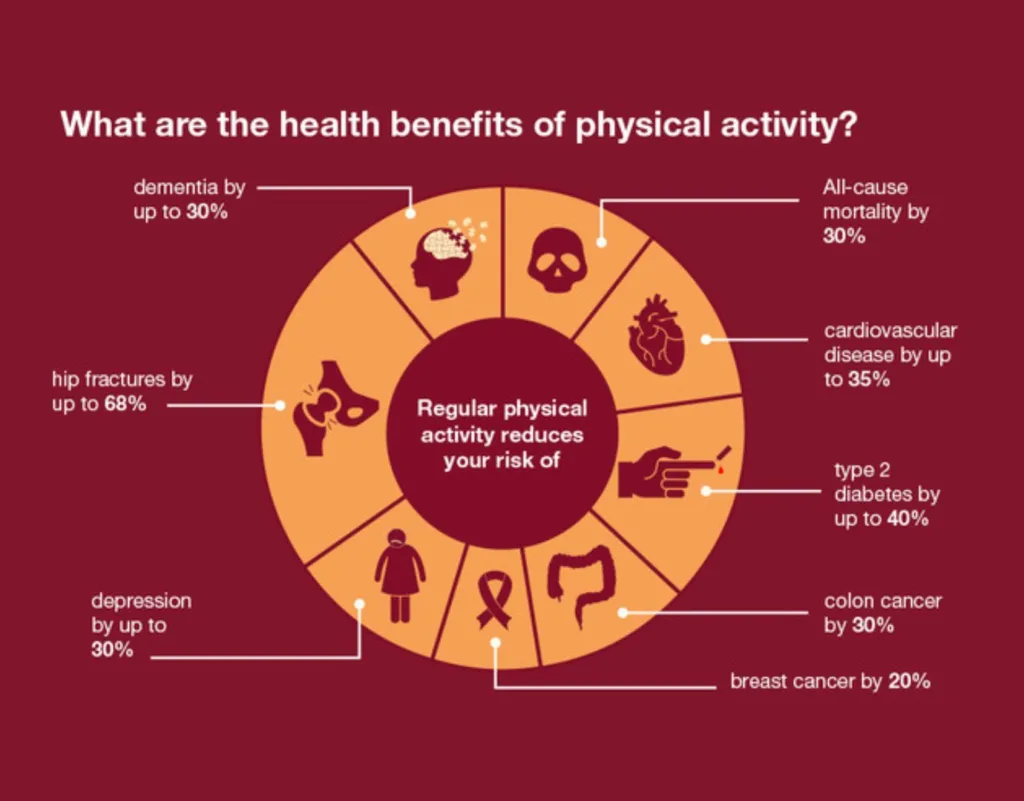Guide to Daily Caloric Intake

Maintaining a healthy diet is a cornerstone of overall well-being, and understanding the appropriate caloric intake is fundamental to achieving and sustaining a balanced lifestyle. The daily calorie requirement varies for each individual, influenced by factors such as age, gender, activity level, and metabolic rate. In this article, we will explore the concept of daily calorie intake, its significance, and how to determine the optimal amount of calories to consume for a healthy life.
Understanding Calories
Calories are units of energy that fuel the body’s various functions, including physical activity, metabolism, and organ function. The energy balance equation lies at the heart of calorie intake. Consuming more calories than the body expends leads to weight gain, while consuming fewer calories results in weight loss.
Factors Influencing Calorie Needs
- Basal Metabolic Rate (BMR): BMR represents the energy the body requires to maintain basic bodily functions, such as breathing and circulation, while at rest. It accounts for the majority of daily calorie expenditure and varies based on age, gender, weight, and height.
- Physical Activity: Active individuals burn more calories than those who are sedentary. The intensity, duration, and type of physical activity are important factors in determining additional calorie needs.
- Age and Growth: Children and teenagers require more calories due to growth and development, while calorie needs tend to decrease with age.
- Gender: Men typically have higher calorie needs than women due to differences in muscle mass and metabolism.
Calculating Daily Calorie Intake
Several formulas help estimate daily calorie needs:
- Harris-Benedict Equation: This equation calculates BMR using age, weight, height, and gender. The result is then multiplied by an activity factor to determine total calorie needs.
- Mifflin-St. Jeor Equation: A more accurate alternative to the Harris-Benedict equation, this formula also accounts for age and offers separate calculations for men and women.
- Activity Factor: Multiplying BMR by an activity factor (sedentary, lightly active, moderately active, very active) provides an estimate of daily calorie intake based on physical activity level.
Balancing Calories for Health
The key to maintaining a healthy weight is achieving a balance between calorie intake and expenditure. Consuming too few calories may lead to malnutrition and energy depletion, while excessive consumption can lead to weight gain and associated health issues.
Healthy Calorie Intake Ranges
For a general guideline:
- An average sedentary adult might require around 1,800 to 2,400 calories per day.
- Moderately active individuals might need 2,200 to 2,800 calories.
- Very active individuals engaged in intense physical activity might require 2,400 to 3,000 calories.
Customizing Calorie Intake
Individual needs vary widely, and it’s important to listen to your body. Consulting a registered dietitian or healthcare professional can provide personalized guidance tailored to your specific circumstances.

Understanding and managing daily calorie intake is pivotal to achieving a balanced and healthy lifestyle. Recognizing the interplay between metabolism, physical activity, and caloric consumption empowers individuals to make informed dietary choices. By striving for a calorie intake aligned with one’s needs, we can fuel our bodies optimally, promote overall well-being, and embark on a journey toward sustainable health.






